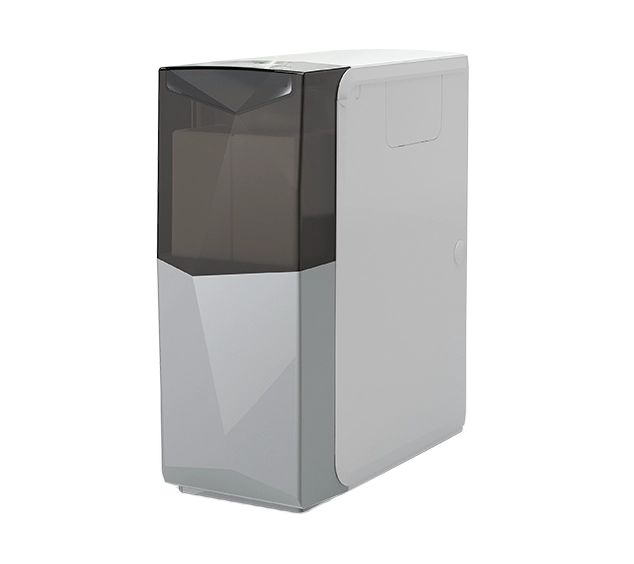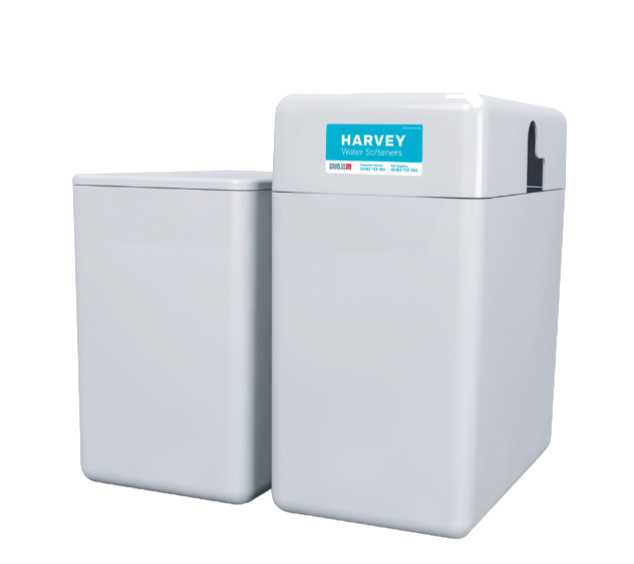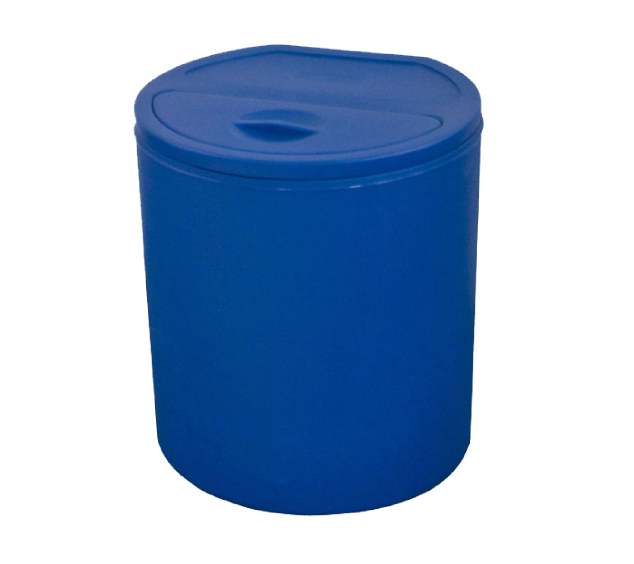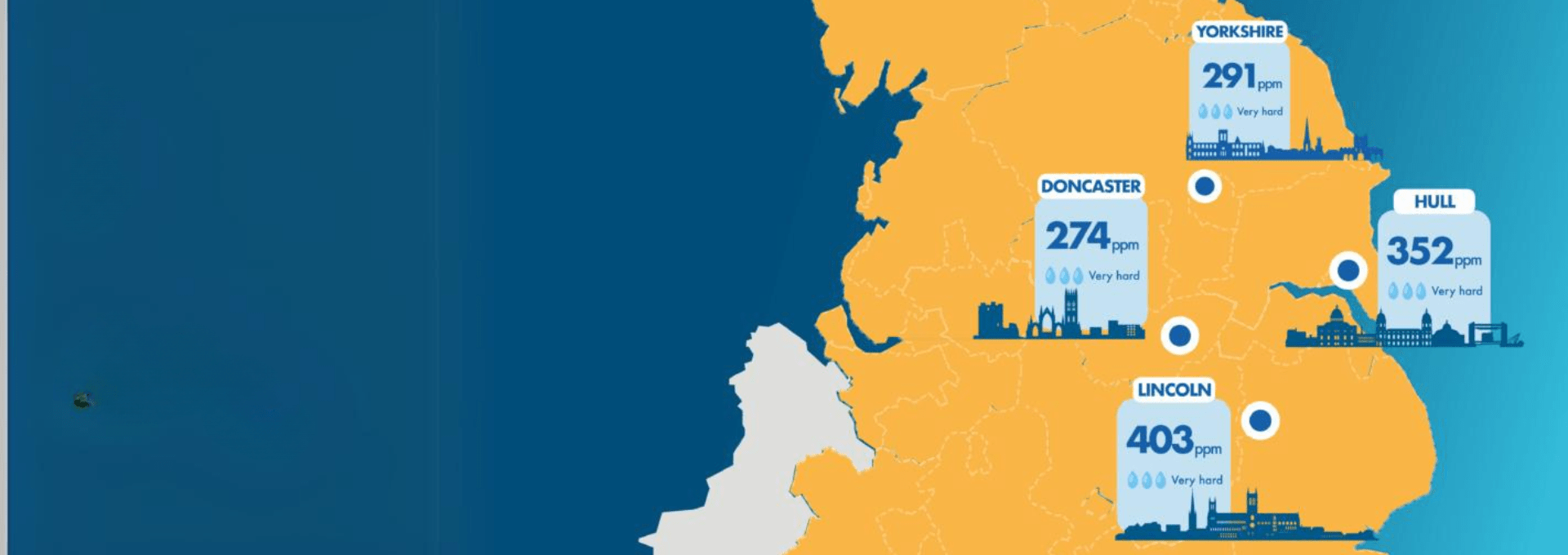
We've expanded
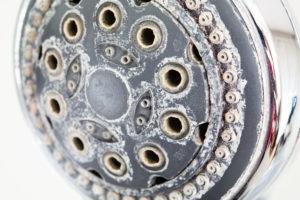
What is hard water?
Hard water contains limescale and other hard deposits which leave surfaces around your house dull and scaly, while also drying out your skin and leaving your hair lifeless. A water softener is designed to remove that hardness, providing a range of benefits – including saving you money! Did you know you can save up to £240 on just your heating bills with a water softener? Less limescale means your boiler and other home appliances can work more efficiently.
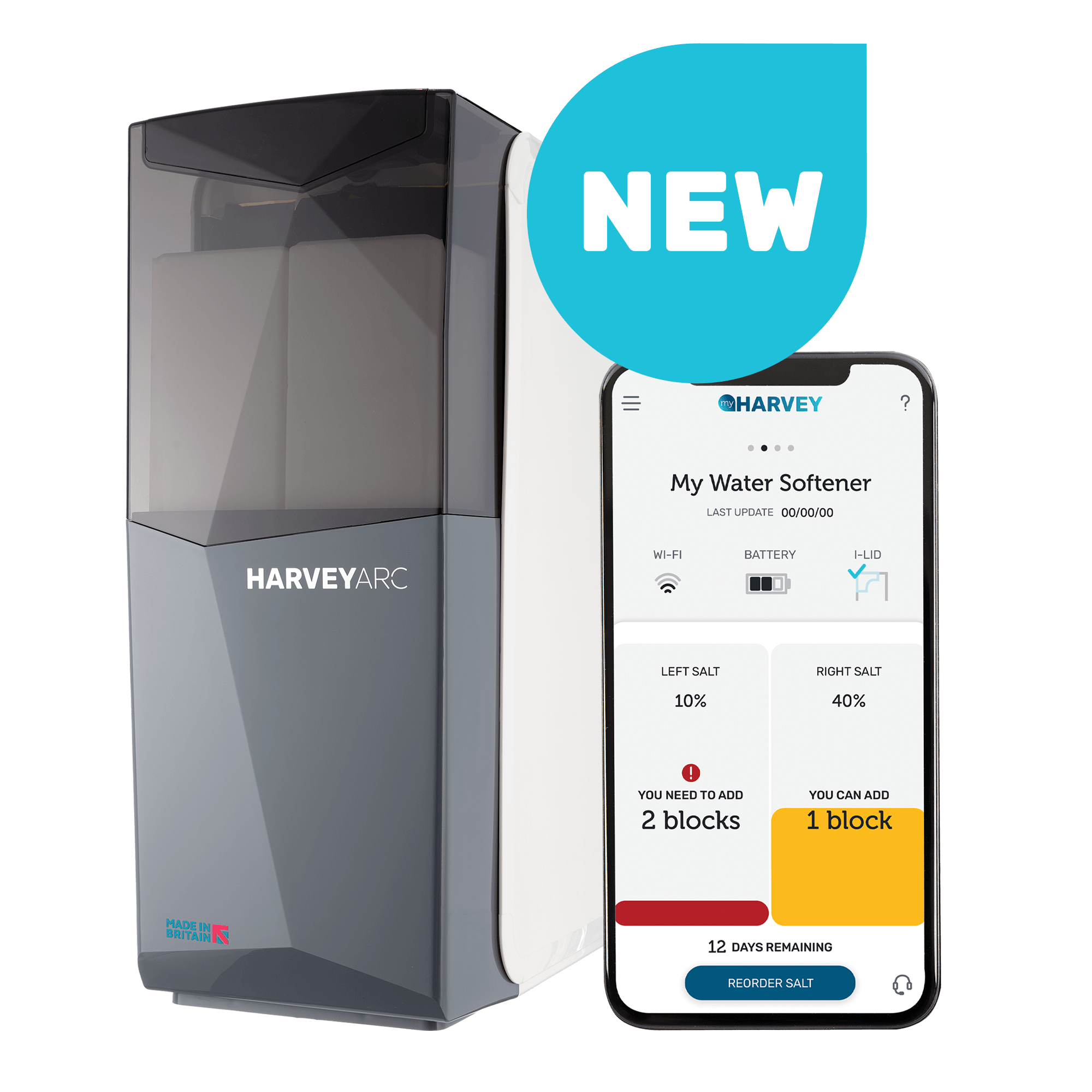
The smarter way to get softer water every day
Our new Smart HarveyArc is our best water softener yet, giving you and your family these amazing benefit:
Soft water vs hard water
The main difference between soft and hard water is its composition, which itself comes from the type of land onto which it falls when it rains.
In areas where the ground is made up of non-porous rock, the rainwater simply runs off that rock and straight into the reservoir where it is gathered before being sent to your home.
This means the water reaches the reservoir in the exact same condition it was in when it first fell – which, as we know, is soft.
Hard water happens when the rain falls onto porous rock, like limestone and chalk. As it makes its way downhill, it seeps into the rock and through it, picking up minerals like calcium and magnesium along the way. When you have hard water, you’ll also have limescale in your home – that’s because the hardness minerals, calcium and magnesium, combine. You don’t get this when you have naturally soft water.
There are many benefits to softened water that mean more and more people are investing in softening the water coming into their home.

Softening your water
The term ‘water softening’ refers to the process through which the hard water minerals of calcium and magnesium are removed, leaving just pure, softened water in its place.
There are various ways to soften your water, from micro-treatments like soft water shower heads, to whole home solutions like water softeners.
Do you need a water softener?
If it’s 100ppm or above, you have hard water. A water softener can help you avoid limescale buildup, saving time and money.
* PPM stands for parts per million and indicates the concentration of dissolved limescale minerals like calcium and magnesium in water.

Save money on bills with a Harvey water softener
Products you might be interested in
More about soft water
Join thousands of happy customers
The UK’s #1 selling Water Softener
Once you submit your details, what happens next?
- We’ll call to understand your requirements
- We can provide a water softener demo, either in your home, or virtually online.
- Receive a personalised quote based on your household’s needs.
- Start enjoying the benefits of soft water.
90-Day Money Back Guarantee
Fill out this form and one of the team will be in touch or call our team to speak to one of our experts 01483 753404.

